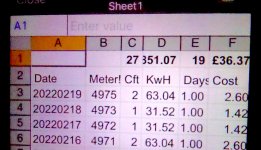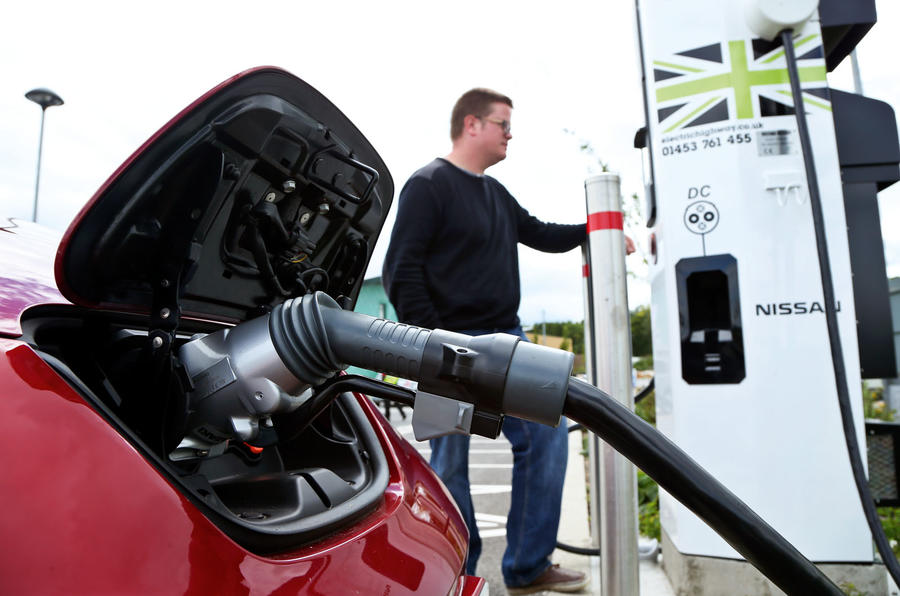The first was the "rich man's bribe" that the government offered to purchasers of electric cars: 35% or up to £5,000,
As emerging technology, it needs government subsidies to ensure it gets through to mass market.
Whereas fossil fuel, a well established technology and burden on Earth, are
still getting subsidies to this day. (over 1 trillion in 2022, worldwide)
The second was allowing owners to charge the vehicle from their home supply, without paying the equivalent of fuel duty.
At time of introduction, there is no technical method of achieving and policing so that people couldn't circumvent.
Even now, it is not possible to separate grid charging from charging via home micro generation (eg. solar). After all, the energy never touched public domain, so why should there be fuel duty? For road use? Well, put in a vehicle mileage and/or weight based system.
The third was the zero vehicle excise duty.
Again, it's a form of incentive to increase adoption. This was promised up to 2025 and we are seeing vehicle exercise duty will be applied from 2025.
Given the relatively short predicted battery lives for fully electrical vehicles,
This is simply not true at all (FUD, or misinformation), on so many levels. Batteries are usually warranties for 8 years and are designed to outlast the lifetime of the car.
Should you be worried about the battery life of an electric car? Not if you pay close attention to our guide

www.autocar.co.uk
There are currently over 700 EV's under £10k EV on Autotrader. The low number is more due to limited supply EV's back in early 2010's than battery dying.

www.autotrader.co.uk
I bought my Nissan Leaf in 2017 for less than £9k. I've enjoyed 5% VAT for recharge and £0 VED for almost 6 years so far. It's a car that's no expensive than any regular Golf from similar age. I simply jumped in at the right time. And the Leaf will keep on giving with V2H as home battery.
You can see the 2010-2013 Japanese built Nissan Leaf, 10 years old first generation EV's, there's still over 70% on the road:
Statistics for NISSAN LEAF.. See how many cars of any make and model are left on Britain's roads.

www.howmanyleft.co.uk
Over 90% 2014-2016 Model S are still on the road:
Statistics for TESLA MODEL S.. See how many cars of any make and model are left on Britain's roads.

www.howmanyleft.co.uk
I don't deny everything were handled perfectly by the government, same as the message for why smart meter need to be installed, but let's not be an armchair critic and spread misinformation.








